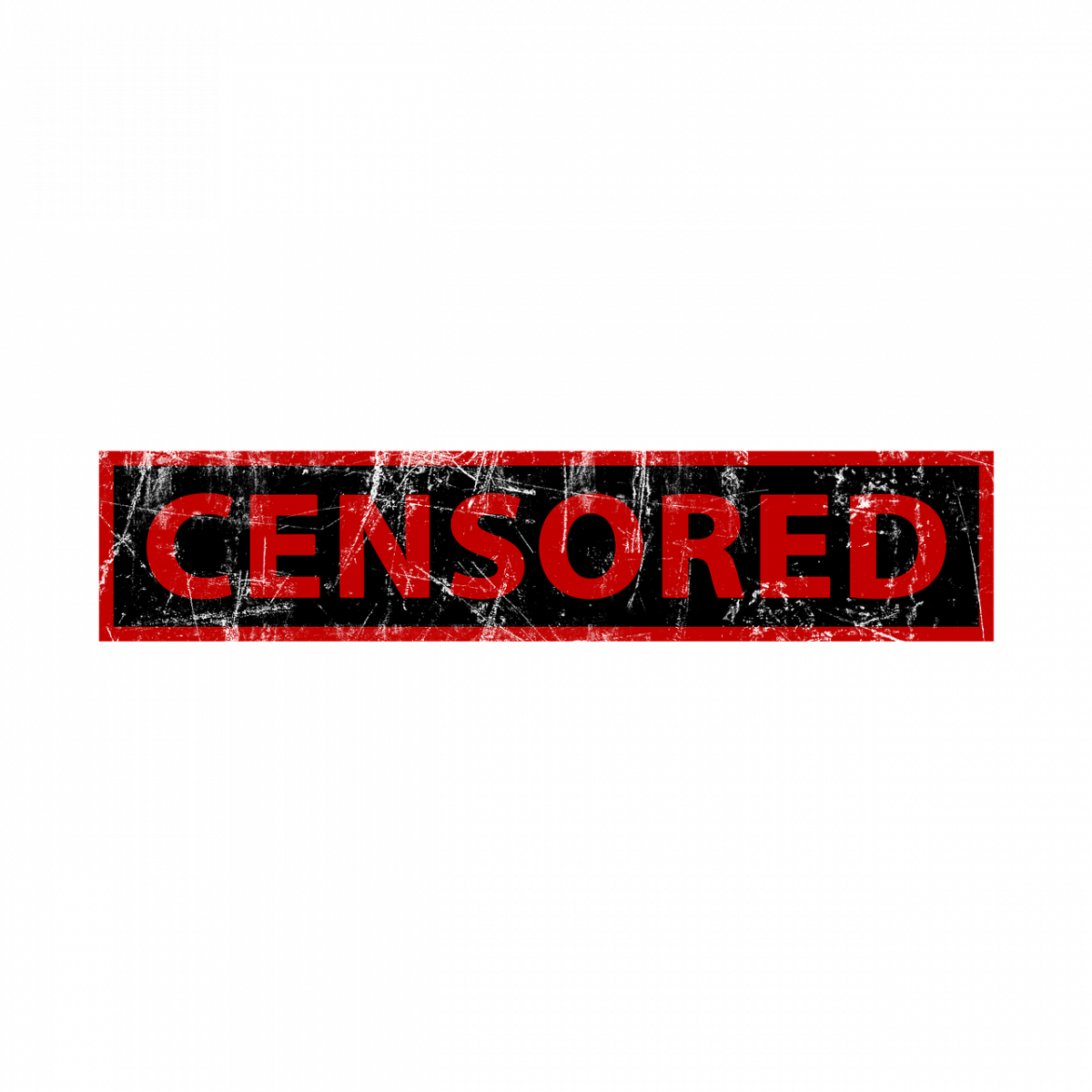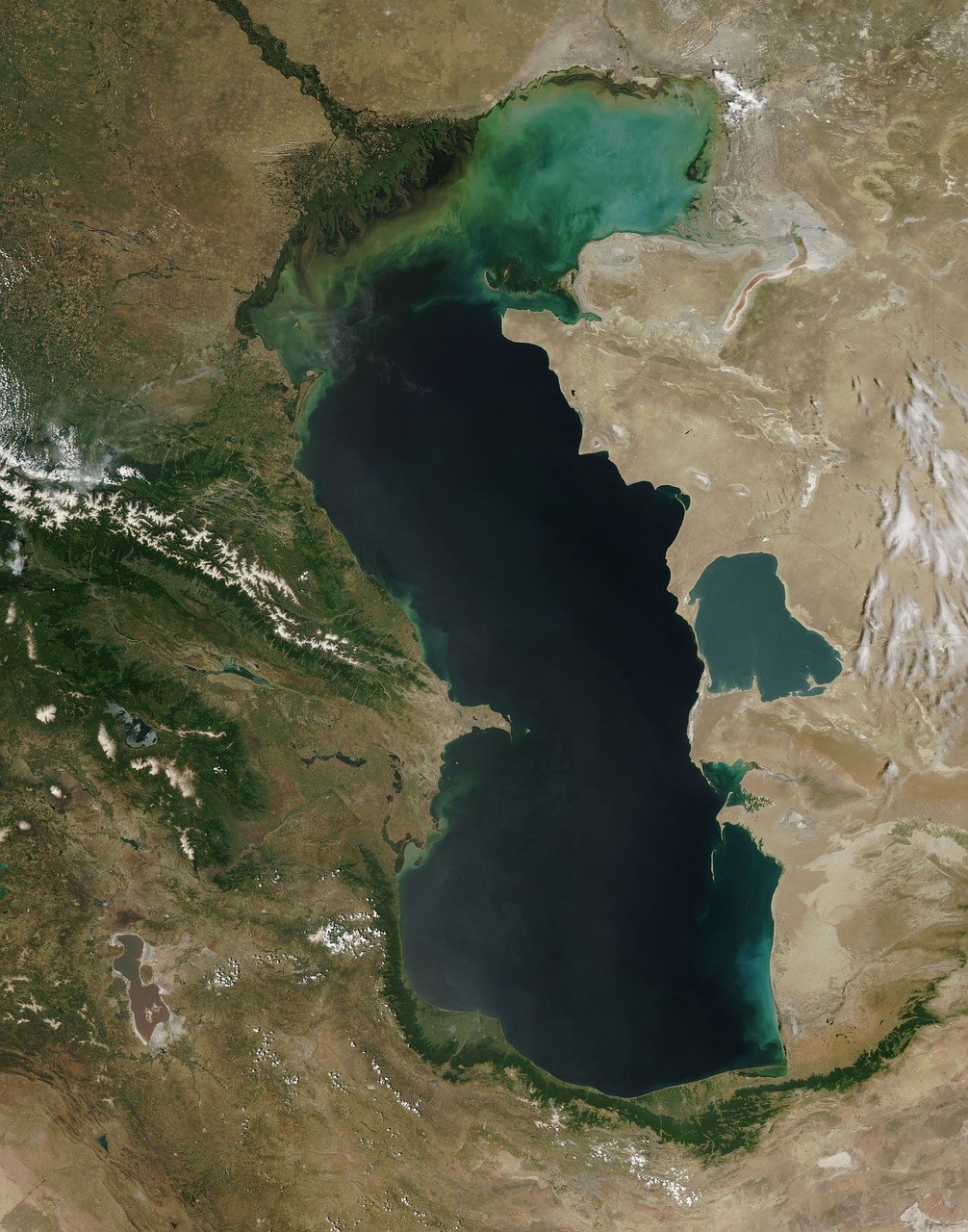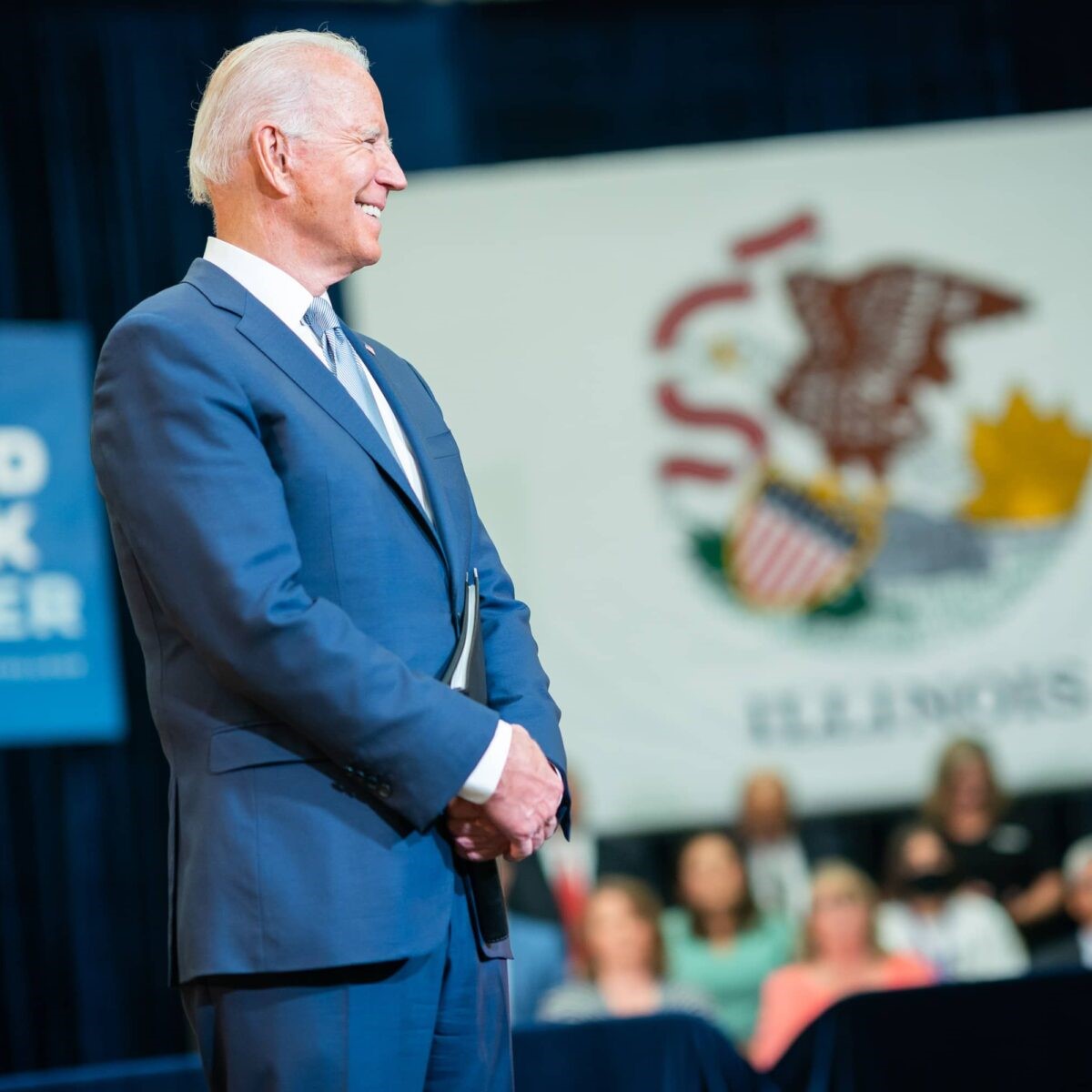In the past, Elon Musk was never considered a member of the political right, or even a Conservative thinker. For instance, “Musk has repeatedly warned about the risks of climate change to humanity. In 2015, he made a head-turning speech on the subject at Paris-Sorbonne University. ‘If we wait and delay the change (away from fossil fuels), the best case is simply delaying the inevitable transition from sustainable energy. This is the best case if we don’t take action now..(t)he worst case, however, is more displacement and destruction than all the wars in history combined.” Not exactly a viewpoint expressed by most Republicans, is it?
In fact, according to The Independent, “(o)ver his many years of fame as the chief executive of Tesla, SpaceX, and now Twitter, the South African-born tycoon has…carefully triangulated between left and right and donated to both Democrats and Republicans while variously declaring himself a ‘moderate’, a ‘socialist,’ and ‘socially liberal and fiscally conservative.'”
All of that changed after Musk bought Twitter. “Musk appears deeply committed to the right’s culture war against progressivism in most forms,” according to The Atlantic. “His purchase of Twitter was an explicitly political act couched in the notion of preserving free speech. But Musk’s notion of free speech is a broad course correction that involves amplifying and advancing the interests of right-wing reactionaries while trolling the left. Musk might argue that this is restoring balance to the system, but if we are judging based only on actions and outcomes, it is very hard to see his tenure at Twitter as anything other than a series of policies intended to benefit a particular ideology.”
And just how has Musk “amplified and advanced the interests of right wing reactionaries?” Perhaps it was by releasing internal Twitter files to the public after his purchase of the social media platform, information which revealed the efforts made by the Biden Administration to censor generally right-leaning critics of the government’s edicts and politics. As Matt Taibbi, one of the Journalists to whom Musk released the “Twitter Files,” stated to the House Judiciary Committee in March, “(t)he original promise of the Internet was that it might democratize the exchange of information globally. A free internet would overwhelm all attempts to control information flow…(w)hat we found in the Files was a sweeping effort to reverse that promise, and use machine learning and other tools to turn the internet into an instrument of censorship and social control.
Unfortunately, our own government appears to be playing a lead role…(w)e learned Twitter, Facebook, Google, and other companies developed a formal system for taking in moderation ‘requests’ from every corner of government: the FBI, DHS, HHS, DOD, the Global Engagement Center at State, even the CIA… (u)ndeniably, the making of such lists is a form of digital McCarthyism.”
As we discussed in July, these efforts at censorship led to a lawsuit brought against the Biden Administration by several States, and a ruling in Missouri v. Biden which detailed the extensive efforts made to censor the views of the American public in general, and Conservative thinkers in particular. “The opinion is 155 pages long, and more than 80 pages…details the factual basis for (an) injunction. These facts are a stunning indictment of the efforts members of the Biden Administration have made to suppress free speech, calling even the truth ‘misinformation’ if it did not suit the narrative the government wished to impose on the American public.”
Musk’s purchase of Twitter was accomplished in October of 2022. The “Twitter Files” were released to the public in December. Taibbi then testified before Congress regarding those files in March of this year.
It was then that the Biden Administration began its harassment of Elon Musk.
Not long after his purchase of the company, Musk laid off more than 6,000 people, or approximately 80% of Twitter’s staff. In March of 2023, it was announced that “(t)he Federal Trade Commission is investigating Elon Musk’s mass layoffs at Twitter and trying to obtain his internal communications…(t)he Republican-led House Judiciary Committee published excerpts from the FTC’s letters…alleging that the agency was overreaching ‘to harass Elon Musk’s Twitter’…(t)he House said the requests amounted to a deluge of ‘demands about its personnel decisions in each of the company’s departments, every internal communication relating to Elon Musk and even Twitter’s interactions with journalists’ who Musk’s team allowed to see certain employee emails and messages. Those documents were dubbed ‘The Twitter Files’ and were meant to show how the company made decisions to moderate content before Musk took over.”
In other words, the FTC demanded that Musk reveal the discussions he had with Matt Taibbi and other journalists about the release of Twitter’s internal documents (documents which Musk owned at that point, and had every right to release) on the pretext of “investigating layoffs.”
Then, in May, The Federal Trade Commission struck again. “(FTC) is reviewing Tesla Chief Executive Elon Musk’s $44 billion takeover of Twitter Inc..(t)he agency will decide…whether it will do an in-depth antitrust probe of the proposed transaction…(s)uch a probe would delay the deal’s closing by months.” This probe was conducted even though “Antitrust experts have said there is little likelihood the agency will find any evidence that Musk’s purchase of Twitter is illegal under antitrust law.”
In a court filing in July, Musk asked a Federal Court in California to end the FTC’s harassment of himself and Twitter. “In the filing, Twitter asks the court to ‘rein in an investigation that has spiraled out of control and become tainted by bias’…The filing states that the FTC has issued 16 demand letters to (Twitter) since Musk’s takeover of Twitter, in comparison to approximately 28 demand letters it issued in the decade (prior to Musk’s purchase of the company).”
But the Federal Trade Commission is only one tool being used by the government to punish Musk for his commitment to free speech.
Recently, “(t)he Biden administration sued Elon Musk-owned rocket and satellite company SpaceX…for allegedly discriminating against asylees and refugees in hiring… US Assistant Attorney General Kristen Clarke, who heads the Justice Department’s Office of Civil Rights, brought the SpaceX suit following an investigation by the division’s Immigration and Employee Rights Section…’Our investigation found that SpaceX failed to fairly consider or hire asylees and refugees because of their citizenship status and imposed what amounted to a ban on their hire regardless of their qualification, in violation of federal law,’ Clarke said.”
SpaceX is in the business of making and flying rockets and other spacecraft. “SpaceX won a slice of a billion-dollar agreement to launch new rockets for the Space Force. Two months later, it secured a $149 million Pentagon contract to make satellites that can track missiles. Then, less than a week later…the US military said it was teaming up with SpaceX to build a rocket capable of delivering weapons around the world at 7,500 mph.” Further, “SpaceX’s launch services have already become an invaluable resource for the U.S. government, but the company is now jumping into the deep end of the pool…Starshield, a new vertical within SpaceX, will provide ‘government entities’ (think three-letter agencies) with secure communications and bespoke satellite designs…on the Starshield page…(t)he tagline is ‘supporting national security’…Satellite-sourced data — particularly live imagery — is of enormous importance to the military.”
It is clear, therefore, that SpaceX is a defense contractor, involved in some sensitive and confidential work that benefits the United States Military, as well as our Space Force.
DOJ’s case against SpaceX is brought pursuant to 8 USC Sec. 1324b., which states that “(i)t is an unfair immigration-related employment practice for a person or other entity to discriminate against any individual…(A) because of such individual’s national origin, or (B) in the case of a protected individual…because of such individual’s citizenship status.” A “protected individual” is described as “an alien who is lawfully admitted for permanent residence, is granted the status of an alien lawfully admitted for temporary residence…is admitted as a refugee…or is granted asylum…”
According to the lawsuit filed by the Justice Department, “(f)rom at least September 2018 to at least May 2022, SpaceX discriminated against asylees and refugees throughout its hiring process, including during recruiting, screening, and selection, in violation of the Immigration and Nationality Act (“INA”). Because of their citizenship status, asylees and refugees had virtually no chance of being fairly considered for or hired for a job at SpaceX.”
The DOJ complaint goes on to state that “(i)n online postings and statements by SpaceX’s CEO and other SpaceX officials and recruiters, SpaceX discouraged asylees and refugees from applying to the company by wrongly stating that SpaceX can only hire U.S. citizens and lawful permanent residents .SpaceX officials have repeatedly said publicly that they can only hire U.S. citizens and lawful permanent residents because of export control laws and regulations.” Further, the complaint alleges that “SpaceX’s CEO (Elon Musk)…posted (that), ‘U.S. law requires at least a green card to be hired at SpaceX, as rockets are advanced weapons technology.'”
The complaint alleges that “export control laws and regulations do not prohibit or restrict employers from hiring asylees and refugees; those laws treat asylees and refugees just like U.S. citizens,” and that Musk’s statements are false.
Are these allegations true? Must SpaceX hire refugees and asylum seekers?
Not under 8 USC 1324b(a)(4), which states that “(n)otwithstanding any other provision of this section, it is not an unfair immigration-related employment practice for a person or other entity to prefer to hire, recruit, or refer an individual who is a citizen or national of the United States over another individual who is an alien if the two individuals are equally qualified.” Certainly, given the nature of SpaceX’s work for the US military, there would be a natural preference to hire citizens of the United States – a perfectly legal position, under this provision of the law.
Further, under paragraph 2 of 8 USC 1324b, an exception is made for “discrimination because of citizenship status which is otherwise required in order to comply with law, regulation, or executive order, or required by Federal, State, or local government contract.” In fact, some contracts with the US government require that “(e)ach individual employed under the contract shall be a citizen of the United States of America, or an alien who has been lawfully admitted for permanent residence as evidenced by a Permanent Resident Card,” and that “(a)ny exceptions must be approved by the Department’s Chief Security Officer or designee.”
Thus, some of the contracts between SpaceX, Starshield, and the US military most likely require Musk’s company to hire only US citizens for reasons of national security.
Of course, this is irrelevant to the US Attorney who brought the case against SpaceX. In a post on Twitter, Clarke wrote that “Elon Musk, CEO of Tesla & SpaceX saw his wealth surge 413%, spiking from $24.6B to $126.2 billion between March 18 to November 24. 50.4M Americans are food insecure up from 37.2M in 2018. Growing wealth inequality in the U.S. is NOT sustainable.” At the time of her appointment to lead the DOJ’s Civil Rights Division, Clarke was the subject of much Congressional scrutiny. “Clarke also has a history of making highly controversial statements, including a 2020 Newsweek op-ed headlined: ‘I Prosecuted Police Killings. Defund the Police—But Be Strategic.’ Clarke said in a hearing before the Judiciary Committee that she did not actually mean to say police should be defunded in that op-ed, despite the fact the text of the op-ed said, ‘We must invest less in police’ three separate times.” Perhaps Clarke is just following her own star, and believes SpaceX should hire refugees and asylum seekers to perform highly confidential work on rockets, regardless of whether or not the company’s contracts with the US government and military say otherwise, and regardless of national security requirements.
Or perhaps, Clarke has joined the government pile-on, and is engaged in the systemic harassment of the man who opened up Twitter to free discourse, and revealed the extent of the Biden Administration’s efforts to censor you and I.
Judge John Wilson served on the bench in NYC
Illustration: Pixabay








